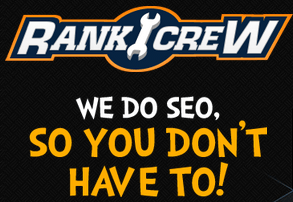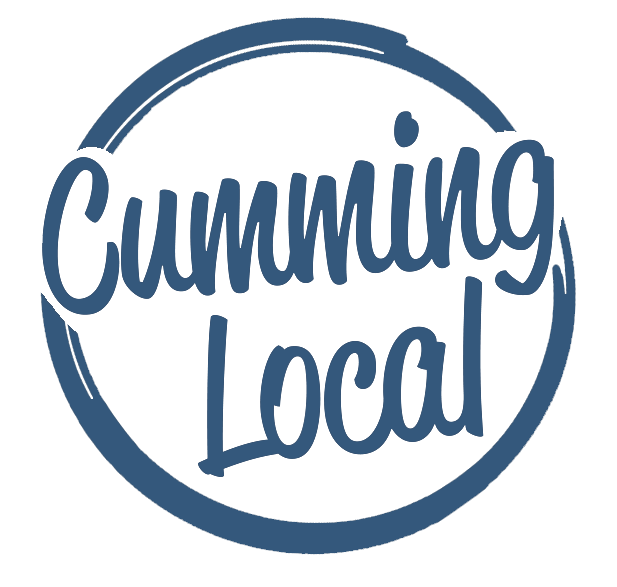Why Title Tags Are Important For Your Blog Growth
So you finally finished your blog post and are thinking of that catchy tittle. In most cases, your page or post title will be automatically used for the title tag, but could be missing some big SEO opportunity!
Writing a powerful title tag could mean the difference between being skimmed over versus getting those clicks on social media and search results. Your target audience is already searching so make it easier for them to help them find your content! By understanding the small updates you can make for on-page SEO, you can grow your blog traffic and reach more of the right people.
So let’s go over the basics. What is a Title Tag? Why is it different than a blog post title?
A title tag tells search engines what your web page is about.
It tells people what your page is about when they see the result in a search engine. People will decide whether to click on your link based on your title tag and meta description (which we’ll get into later).
It’s often considered the most important piece of on-page optimization.
Depending on the platform you’re using, your blog post title or landing page title might be automatically used as your title tag, but they don’t have to be the same. You can add extra information to your title tag that might not work well in your blog post title.
Your Title Tag is displayed in your search engine results.
How to Write Powerful Title Tags
Make your tags easy to read and then consider search engines. Search engines are the ones that are ranking your links but you also want people to click on them!
Keep your most important target keywords towards the front of the tag.
Make sure your tags are about 65 characters max- ideally would be about 45 which includes spaces and any punctuation.
And the biggest thing? DON’T keyword! What do I mean by that? An example would be if you were talking about how to lose weight with a health coach and your keywords would be fat loss, health coach, cleanse, detox. First- don’t repeat any keywords. Second, some of these related keywords may make your page look spammy and won’t help you rank well in Google.
Good Examples could be Health Coaching in Chicago, IL. This is a great homepage tag because it explains what, where and who when people are searching for specific areas and topics.
Tweaking your title tags
Once a website is ranked on the first page of a search engine, then you can tweak the title tag accordingly to try and improve your click through rate for the page. Keep in mind that adjusting the title tag at that point could lead to an improvement in conversion, but possibly a decrease in ranking if any keywords or locations are removed.
When the title tag is changed on the website, it will take some time for it to be adjusted in the search engines. Google and other search engines must re-crawl the website and adjust the display, which usually takes 7-14 days depending on the authority of the website and the last time that it was crawled.

{Image: RankCrew}
If you’re still feeling unsure of how to get started, I’d suggest reaching out to a company that knows the ins and outs of SEO, title tags, link building and more. I’m talking about RankCrew . Rankcrew is founded by Dan Anton and him and his team do wondrous things for their clients including helping them rank as high as possible in Google. They offer different packages depending on where you and your website are at and signing up is free! Their link building service is manned by experienced veterans of SEO experts who know the importance of building quality links. They also offer help 24/7 so you never have to wait to get your questions or concerns answered!
Getting your blow ranked doesn’t have to be difficult when you’re working with the right team and knowing how to help boost your traffic. By using these key ideas for your title tags, it’ll be sure to start putting your blog out there for people to use, view and take notice on!


